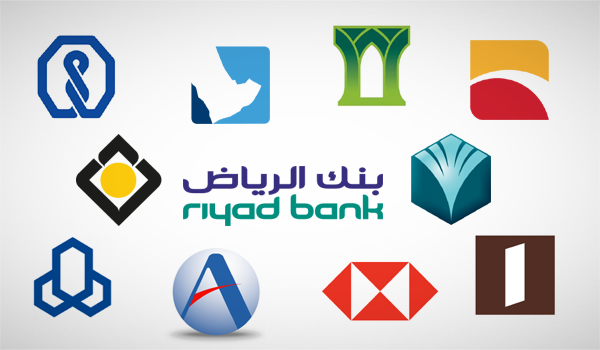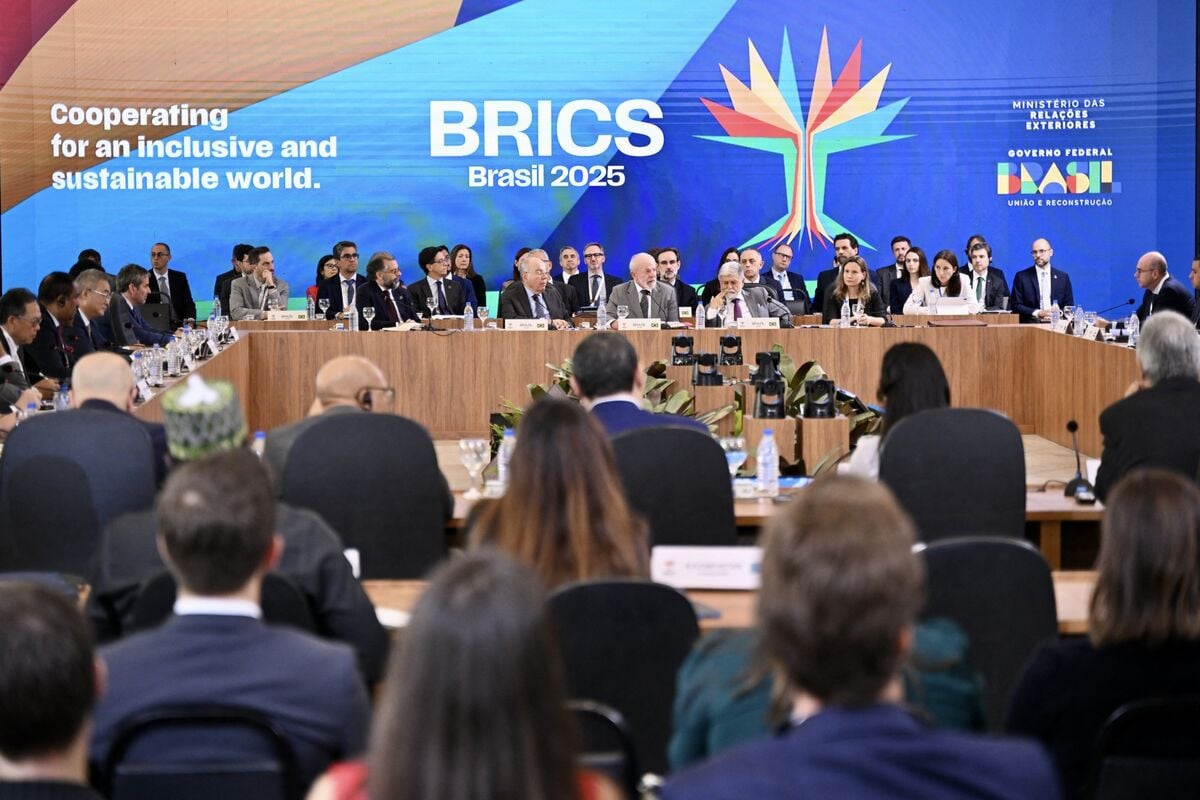Publisher: Maaal International Media Company
License: 465734
To combat Coronavirus Pandemic’s fallouts
SR129 bln of Government Grants to Saudi Listed Banks, in less than 2-Year
The Saudi stock exchange listed banks got a total of SR128.8 billion, during 2020 through the six-month ending June 30, 2021, “Maaal” the Saudi Arabian leading online business daily reported.
These zero-interest grants were provided to the banks by the government, as a compensation for the costs the banks to shoulder, as a result of initiatives and directives launched by the central bank and/or by other public authorities and in line with the central bank expectations.
Furthermore, it was also to support the private sector’s eligible micro, small and medium-size businesses, in accordance with the central bank requirements, notably, to combat the Coronavirus pandemic impacts.
اقرأ المزيد
Based on financial statements released by the commercial of banks for the first half of 2021, the amount of the funds disbursed was SR81.5 billion of zero-interest deposits.
All banks, without exception, confirmed that they have various uneven maturity periods.
The step was taken to compensate for adjustment losses occured as a result of the central bank’s discretion to delay installment payments and other programs, in order to support financing of the private sector and micro and small enterprise.
While the remaining amount (SR47.3 billion) was a zero-interest deposit.
On the other hand, except for the defunct National Commercial Bank, all banks have affirmed that the maturity date is within one year, with the aim of providing the bank with liquidity and providing finance to fiduciary, in the private sector.
The granting has taken place in the second quarter of 2020 and dealt with, in accounting, as part of the government grants, according to the bank financial statements.
In March 2020, the central bank responded to the consequences of the Coronavirus Pandemic (COVID-19), initiating a program to promote and fund the private sector.
The purpose of offering assistance to the micro-enterprise, small-businesses and medium-size sector belongs to the definition issued by the central bank, and in accordance with its requirements.
This program included deferred payment, funding for lending, loan guarantee, fee support for the points of sale and e-commerce operations.
The central bank pumped out term deposits without interest based on utilizing the monetary policy to support the banking system’s viability.
In addition to enhance liquidity in the banking sector, allowing it to keep playing a significant role in providing credit facilities to private-sector companies, restructuring the existing credit facilities without any additional fees, support plans to maintain employment levels, in the private sector, and exempting clients from a number of previous held banking fees.
Riyad Bank was the first among the banks to receive government funds from the Saudi central bank, receiving SR26.2 billion or 20% of the total.
Followed by formerly the National Commercial, with a value of SR22 billion, or 17%, then The Saudi British Bank (SAAB), with a value of SR14.9 billion, equivalent to 12% of the total.
Thus, the three banks have received SR63 billion or 49% of the total funds that have been made at avail of as many as 10 financial institutions.
| Government Grants Provided to Banks within 18-month to Counter Impacts of the Coronavirus (COVID-19) | ||||
| Grants to support private sector financing (Billion Riyals) | Liquidity support grants (Billion Riyals) | Total
(Billion Riyals) |
Percentage (%) of the Total | |
| Riyad Bank | 19.90 | 6.30 | 26.20 | 20% |
| National Commercial | 12.00 | 10.00 | 22.00 | 17% |
| SAAB | 8.80 | 6.10 | 14.90 | 12% |
| Arab National | 9.72 | 4.02 | 13.74 | 11% |
| Banque Saudi Fransi | 8.83 | 4.61 | 13.44 | 10% |
| Al-Rajhi Bank | 7.10 | 5.20 | 12.30 | 10% |
| The Saudi Investment | 7.00 | 2.32 | 9.32 | 7% |
| Alinma Bank | 2.25 | 5.00 | 7.25 | 6% |
| Bank AlJazira | 3.80 | 1.78 | 5.58 | 4% |
| Al Bilad Bank | 2.10 | 2.00 | 4.10 | 3% |
| Total | 81.50 | 47.33 | 128.83 | 100% |









